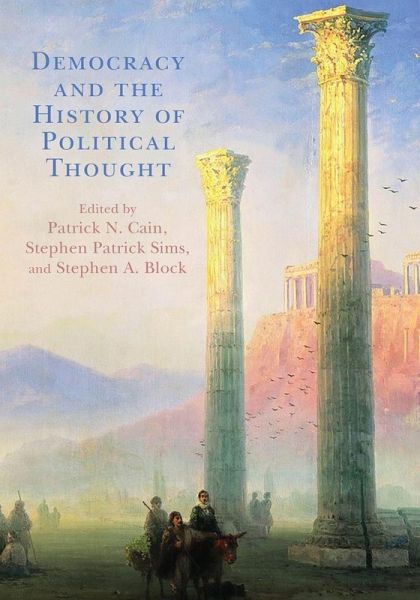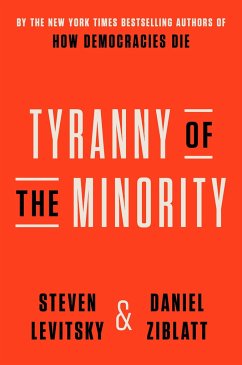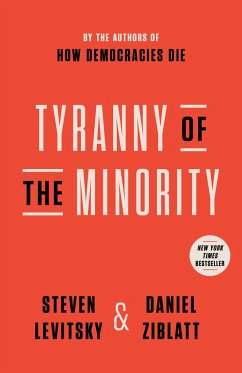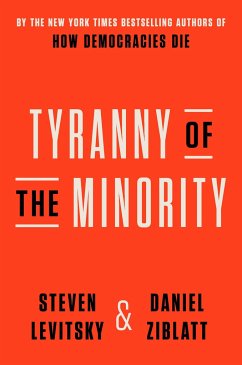
Democracy and the History of Political Thought
Versandkostenfrei!
Versandfertig in 1-2 Wochen
52,99 €
inkl. MwSt.

PAYBACK Punkte
26 °P sammeln!
This volume provides a fresh perspective on current democratic theory and practice by recovering the rich evaluations of democracy in the history of political thought. Each essay addresses a single thinker’s reflections on the virtues and defects of democracy and the relationship between democracy and other regimes.














